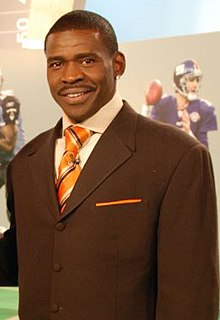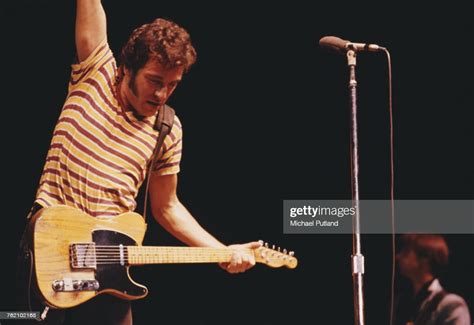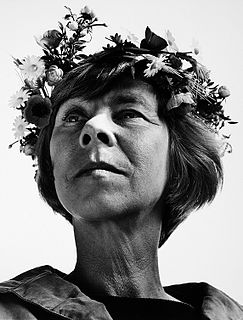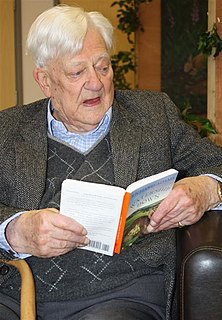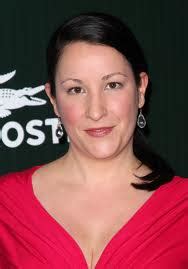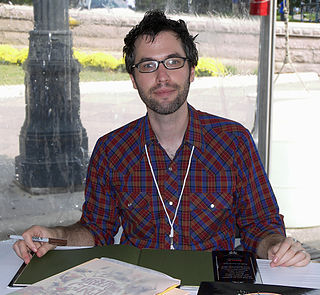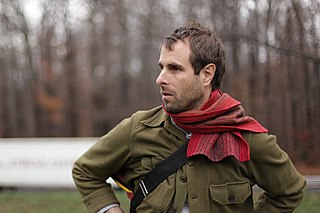A Quote by Nick Hornby
We were little animals, which is not to imply that by the end of the week we were tearing our tank tops off; just that, metaphorically speaking, we had begun to sniff each other's bottoms, and we did not find the odor entirely repellent.
Related Quotes
I did not feel very patriotic. I did not feel proud of our country, seeing that we were bombing peasant villages, that we were not just hitting military targets, that children were being killed. We were terrorizing the North Vietnamese with our enormous Air Force. They had no Air Force at all. They were a little pitiful country and we were terrorizing them with our bombs. And no, I did not feel proud at all.
I did not feel proud of our country, seeing that we were bombing peasant villages, that we were not just hitting military targets, that children were being killed. We were terrorizing the North Vietnamese with our enormous Air Force. They had no Air Force at all. They were a little pitiful country and we were terrorizing them with our bombs. And no, I did not feel proud at all.
Now everything was changed. She walked about with cautious, anxious steps, staring constantly at the ground, on the lookout for things that crept and crawled. Bushes were dangerous, and so were sea grass and rain water. There were little animals everywhere. They could turn up between the covers of a book, flattened and dead, for the fact is that creeping animals, tattered animals, and dead animals are with us all our lives, from beginning to end. Grandmother tried to discuss this with her, to no avail. Irrational terror is so hard to deal with.
When the man was disgraced and told to go away, he was allowed to ask all the animals whether any of them would come with him and share his fortunes and his life. There were only two who agreed to come entirely of their own accord, and they were the dog and the cat. And ever since then, those two have been jealous of each other, and each is for ever trying to make man choose which one he likes best. Every man prefers one or the other.
Ever since we were little - and this goes from when we were babies through high school - everyone always said, 'The twins are so entertaining. Just sit down with them for five minutes, and you will see so much happen. They will fight, they will laugh, they will love each other, and then they will tell each other off.'
A big reason why we were able to and have been able to continue to succeed is that we had a very intense work ethic, right from the beginning. There was a do-or-die attitude toward the work. It wasn't seen as a little "club." It was like, "This is your life." We would spend hours and hours rehearsing and endlessly rewriting. We took it very seriously right off the bat. And we were also extremely critical of each other, which was another thing that was unique. A lot of comedy ensembles have a hard time being critical of each other, because they don't want to hurt each other's feelings.
Sejal had not thought of her home, or of India as a whole, as cool. She was dimly aware, however, of a white Westerner habit of wearing other cultures like T-shirts—the sticker bindis on club kids, sindoor in the hair of an unmarried pop star, Hindi characters inked carelessly on tight tank tops and pale flesh. She knew Americans liked to flash a little Indian or Japanese or African. They were always looking for a little pepper to put in their dish.
The media we surround ourselves with allows us to manufacture our own experience every day, which is a perception of the world that is our own invention entirely, whether it is on social media or what we choose to absorb. This was very different when I was a kid, like generations before us we were exposed to things that were not entirely on our terms. We had to wrestle with and find the relationship with the world around you. It was literal experience, unlike the form of protracted psychic masturbation that is the digital world we live in.




